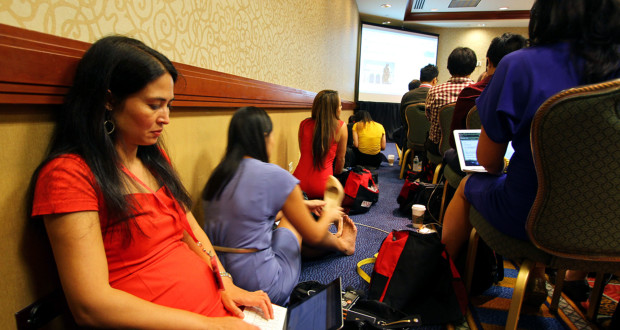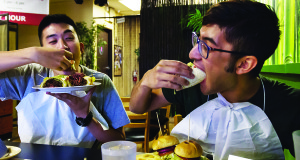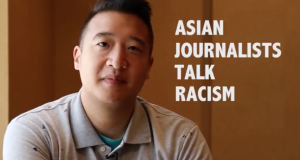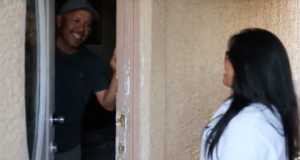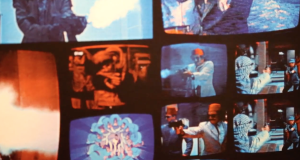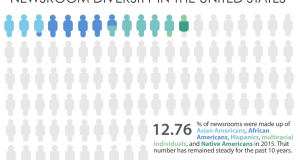Whether it’s your first time or you’re a veteran at the AAJA convention, there is a lot happening at once: meeting new people, attending workshops, scoping out the career expo and maybe even landing that dream job, or at least an interview.
Here are a few suggestions that could improve your convention experience this year.
Tip #1: Prep before you go
After arriving in New York and getting yourself settled, check out who will be at the convention to see who you want to talk to.
Theodore Kim, AAJA national secretary and mobile editor of The Washington Post, says it is wise to introduce yourself before the convention through e-mail or phone calls.
“If you just show up at the convention with your résumé and a couple of suits but you don’t do any prep work,” he said, “you don’t figure out who you want to see, you don’t make any appointments beforehand, and you don’t reach out to the recruiters before the convention itself, then you’re already behind the 8-ball.”
Tip #2: Master your strategy
For those who have never been to the convention, it’s important to navigate the expo hall and create a strategy that will maximize your experience.
AAJA National President Paul Cheung, global interactive editor for the Associated Press, says he usually does one quick scan in the hall to see which recruiters are there and identify who he wants to talk to, and reads up on companies before he approaches recruiters.
“The worst is when you go talk to somebody and you know nothing about what they do,” he said.
He offered the example of first attending a CNN workshop to meet members who work for the company.
Tip #3: Social media is key
For those who are glued to their smartphones, tablets and laptops, the AAJA Web site lists companies at the career expo; with a few clicks, you can access their contact information. AAJA is using social media to make the convention more user-friendly. By using Twitter as a tool (with hashtags such as #AAJA13, #AAJAeats, #AAJAdress and #AAJAfun), it’s easier for people to get connected.
Niala Boodhoo, AAJA vice president for broadcast and reporter for WBEZ 91.5 FM in Chicago, says you have to be willing to go up to strangers and introduce yourself.
“If you’re in broadcasting, find groups in broadcasting,” Boodhoo said. “If you’re in radio, find radio groups. And if you are a student member, find a student group. The digital people are easy to find, because you can find them through social media. You can find people who are tweeting a lot. See who is tweeting and see who isn’t. It’s always easy to find people.”
Tip #4: Everyone’s here for the same reason
The bottom line is relationships. Everyone has a similar goal for the convention, which is to network, but often it can feel intimidating.
Boodhoo said you shouldn’t be intimidated because “AAJA is like a big family once you get to know people.”
“Beyond a career aspect or the networking aspect of the convention, the more rewarding aspect for me is the friendships,” Kim said. “That part always gets lost when people are thinking about a professional convention.”
There is no hard and fast rule about how to establish a relationship. Don’t be afraid to make friends, because everyone who goes to the convention is going to be a bit nervous. The needed perspective is that everyone wants to meet new people and comes with the same attitude.
 VOICES Publishing from the AAJA National Convention
VOICES Publishing from the AAJA National Convention

